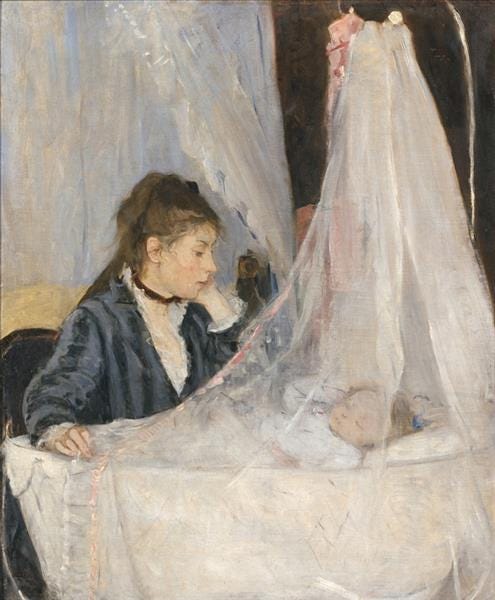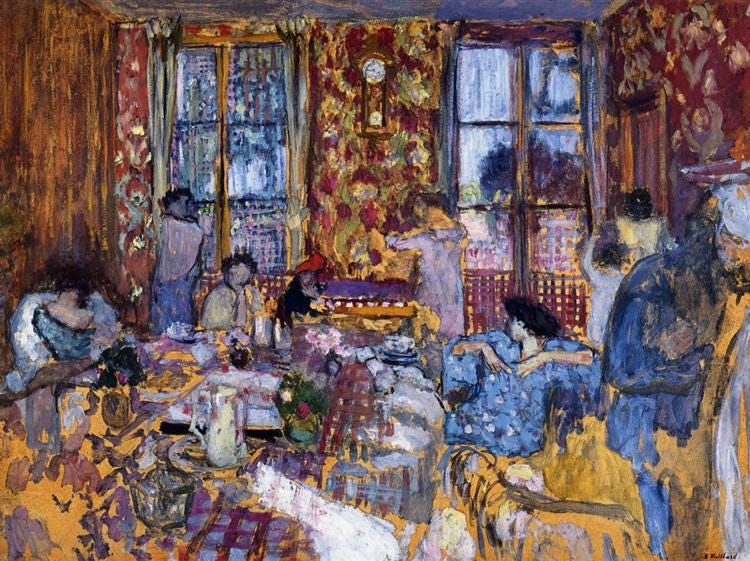This chapter starts off with the wisdom of the biblical directive found in the Old Testament which says that a young husband could not be drafted into the army in the first year of his marriage. The establishment of the home and the newlywed’s relationship with each other was to be the first priority.
Most of us probably haven’t had to face been sent into battle anytime, let alone in the first year of marriage, but the intention of these directives still stands. We may not be in a physical battle zone but there are many other ways in which our lives can be bombarded. These Old Testament directives were written to set priorities for the first year of a married couple’s life together and the principles behind them can still be helpful today.
So, what bombards us today?
‘It seems to me that long, traffic-laden commutes and the draining effect of too many duties can have the same effect as a battle. Many careers hinder the new family from laying strong groundwork for the new home, as they take too much time and energy.’
Young women are told they can have it all – children and careers, but I wonder at the wisdom of this. I read an excellent article in The Australian not long ago that addressed this. Here is the link: ‘I’m a young, ambitious woman choosing kids over work,’ but you might need to sign up to read it. Or there is this article by the same author with some similar ideas. Here are some extracts from The Australian article,
‘My position as a mother is steadily being eroded by a society that rushes us back to paid work for economic gain while ignoring important metrics such as mental and physical health, social cohesion and relationships. It’s much harder to put a dollar figure on these concepts, and for that reason they go on mostly unrecognised…’
On ‘having it all’ Virginia Tapscott, the author of the article said:
‘I couldn’t understand why it was so hard to push through the sadness of leaving him in daycare. The illnesses he picked up were relentless and impacted our quality of life. If this is what they call “having it all” then I mustn’t want it all. It wasn’t what I thought equality would feel like. It was like I could only be equal if I pretended I didn’t have kids, if I pretended that caring for others was not a priority for me.
I think it’s a ridiculous notion that women need to position themselves in a workplace in order to be valued and earn respect… Before becoming a mother I championed individual success and completely envisioned myself as a working mum. I was socially conditioned to expect this by the “women can have it all” movement and it made my transition to motherhood awkward as hell. When my first son turned one I felt a sense of urgency and panic that I should be getting back to work, that if I didn’t go back now I’d never be allowed back in.’
Stress and hurry squeeze the life out of relationships. Our inner lives can become hollow and be prone to fracture if outside goals put too much strain on our relationships.
Charlotte Mason said that ‘Education is an atmosphere, a discipline and a life,’ and in this chapter Susan Schaeffer Macaulay takes that idea and applies it to the home – i.e. homes need the right atmosphere, discipline, and life. They should both be places of nurture and good places in which to live and grow at every stage of life. We need a balance between work and leisure to create a life-giving atmosphere. Too much rush and stress make us dissatisfied and anxious.
A healthy, loving atmosphere cannot be faked. And it is in the home that we have the best testing ground for the fruit of the Spirit. We can put on an act for a visitor or if we are out somewhere, but at home the “scum rises to the top sooner or later.”
A healthy atmosphere doesn’t mean perfect conditions. We are all flawed and there are also practical considerations to think about, too.
We went for a bush walk with my daughter-in-law and her three- and one-year old boys. We went well before the youngest was due for a sleep and their Mum brought along some snacks for when the boys started to flag.
These ‘disciplines’ of nutrition and rest also go into making the atmosphere of a home and if they’re not in place it makes for quite a bit of misery. Bedtimes, mealtimes, rest-times, playtimes, quiet times, all play their part in producing the atmosphere of the home, as do the relationships between the people living there alongside each other.
The atmosphere of the home is affected by what we allow into it and our reliance on God’s power.
We are encouraged in this chapter to ‘abide’ (stay, concentrate, give your full attention) to Jesus. To not be distracted by things that stir up resentment, impatience, or bitterness and discontent but to focus on the good, the pure, and the life-giving.
‘Enjoying “the sight and company of Jesus” through careful reading of His Word, thinking it over, and prayer is the first way of abiding.’
When the author was a busy young mother, involved in ministry and running a fifty-room manor house, she used to make an effort to wake up earlier than was comfortable to spend time with God. When that failed she tried making some time last thing at night but it all ended up becoming a duty instead of a joy. It was when she was preparing to write a book based on Charlotte Mason’s method of teaching (For the Children’s Sake) that she discovered a way that would work for her and where she could give it her full attention.
‘Why can’t I treat God in the same way as a friend for whom I prepare and put aside time?…Well, I started to do just that, and I can tell you, it was a watershed in my life.’
There is much richness in this chapter. Forgiveness, her thoughts on ‘character training’ versus qualities arising ‘from the inside out,’ the fruit of a life lived in God and the need for inner transformation.
From a child at the beginning of life to the elderly nearing the end of it, the Atmosphere is either life-affirming or it is not.
Further Reading
The Glimpses of the Moon by Edith Wharton - published in 1922, a year before Charlotte Mason died, I was impressed by a couple of passages that touched on education and atmosphere, as they shared a close similarity to Mason's educational ideas. Wharton was American but she spent much of her time in Europe (The Glimpses of the Moon was set mostly in France). During WWI she remained in Europe and established schools for children escaping from Belgium after the German occupation.
Nick & Susy Lansing married after hatching a scheme whereby they’d live off their wedding gifts of money and accommodation with the understanding that if either of them found a way to climb the social ladder, the other would not stand in the way but agree to a divorce. Barely a year later their plans had unravelled and out of desperation Susy agreed to look after the Fulmer children while their parents were in Italy.
The Fulmers were an artistic couple living in a cramped cottage and the Lansings had spent time with them and their noisy family before they had considered marriage. They couldn’t understand how the Fulmers lived as they did with bad food and general crazy discomfort, but they had more amusement in their company than they had with any of their rich friends and their opulent house parties.
'Take care of five Fulmers for three months! The prospect cowed her.'
'But in these rough young Fulmers she took a positive delight, and for reasons that were increasingly clear to her. It was because, in the first place, they were all intelligent; and because their intelligence had been fed only on things worth caring for. However inadequate Grace Fulmer’s bringing-up of her increasing tribe had been, they had heard in her company nothing trivial or dull: good music, good books and good talk had been their daily food, and if at times they stamped and roared and crashed about like children unblessed by such privileges, at others they shone with the light of poetry and spoke with the voice of wisdom.
That had been Susy’s discovery: for the first time she was among awakening minds which had been wakened only to beauty. From their cramped and uncomfortable household Grace and Nat Fulmer had managed to keep out mean envies, vulgar admirations, shabby discontents; above all the din and confusion the great images of beauty had brooded, like those ancestral figures that stood apart on their shelf in the poorest Roman households.'
Young Women Who Prioritize Family Over Career Deserve Respect | Institute for Family Studies
Executive Women and the Myth of Having It All by Sylvia Ann Hewlett
From the Magazine (April 2002)
A Philosophy of Education by Charlotte Mason
If you would like to support my writing you may make a donation here:







That quote “Stress and hurry squeeze the life out of relationships” reminds me of a similar idea from the book *The Ruthless Elimination of Hurry*— it says that hurry kills relationships, and all that we hold dear: marriage, family, creativity, generosity: hurry is not just a disordered schedule, but a disordered heart.
I think the sentence that stood out most me on this time was the description of the Amish as having a sense of contented identity. I can see that having that this time around as I parented Iris gave me more of the Fruits of the Spirit and the time and openness to allow her to be the person God created. Not as rushed, not as determined to be and do it all my way. Being content in my life and the way my home worked was the key to that.